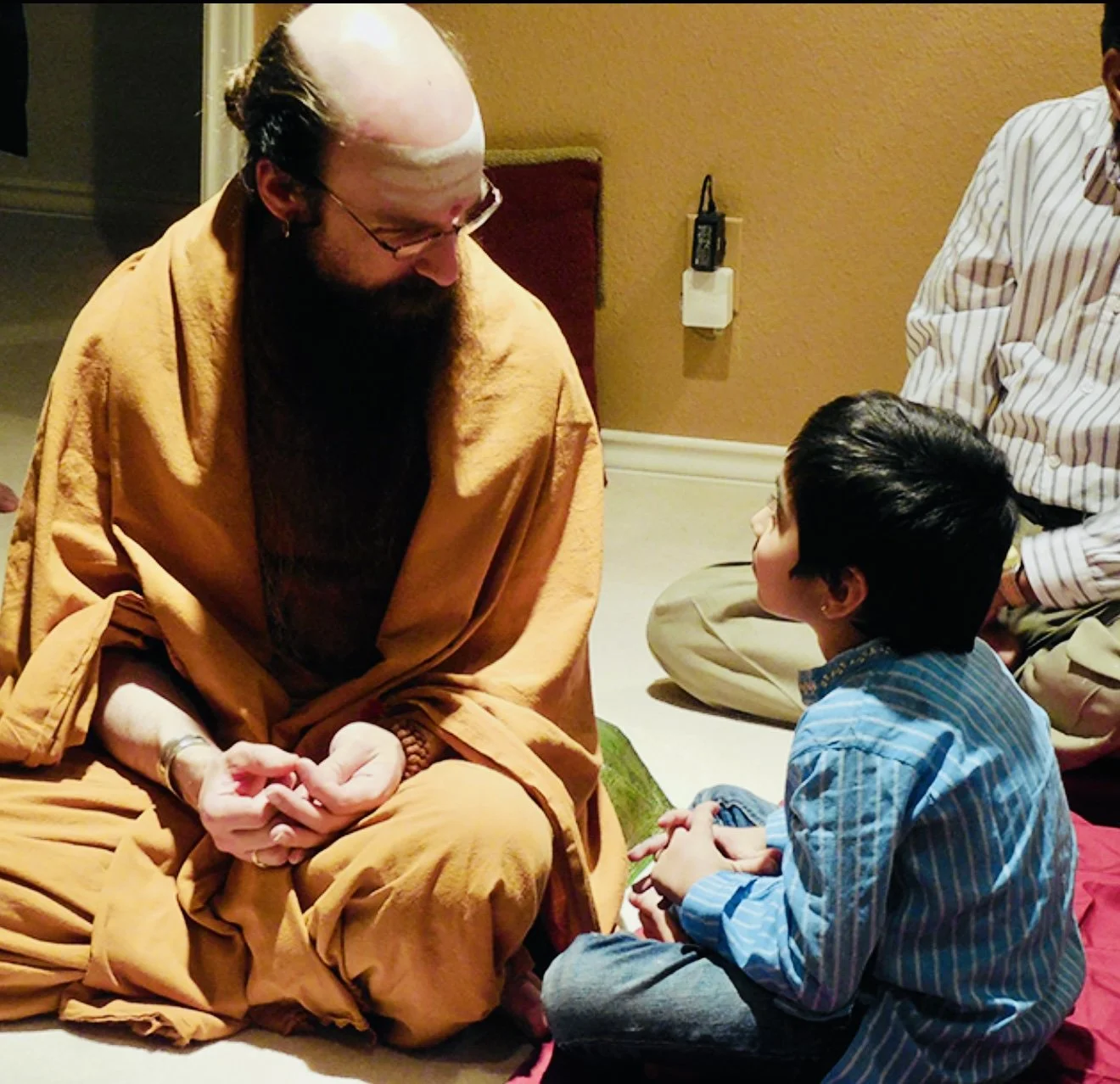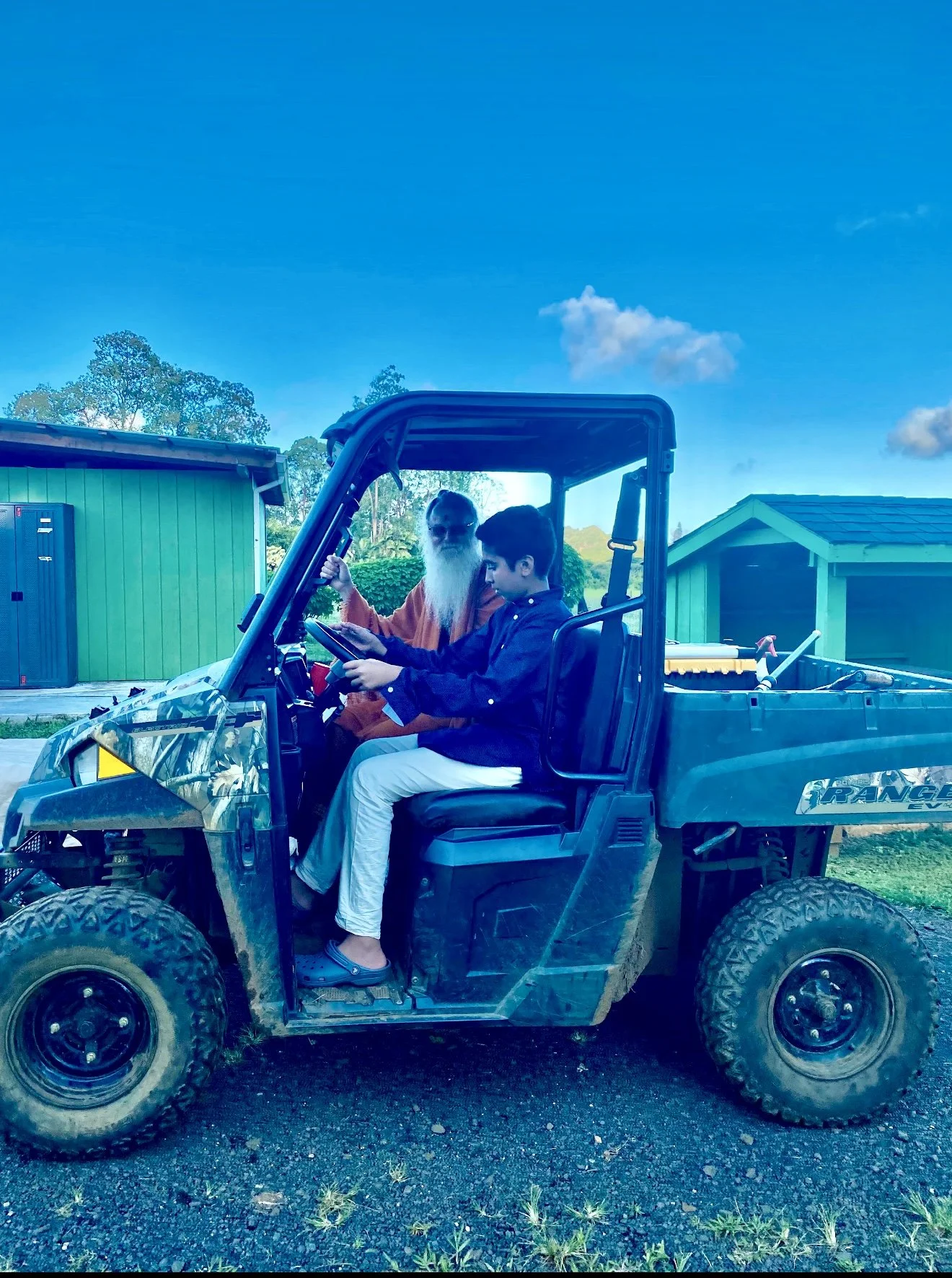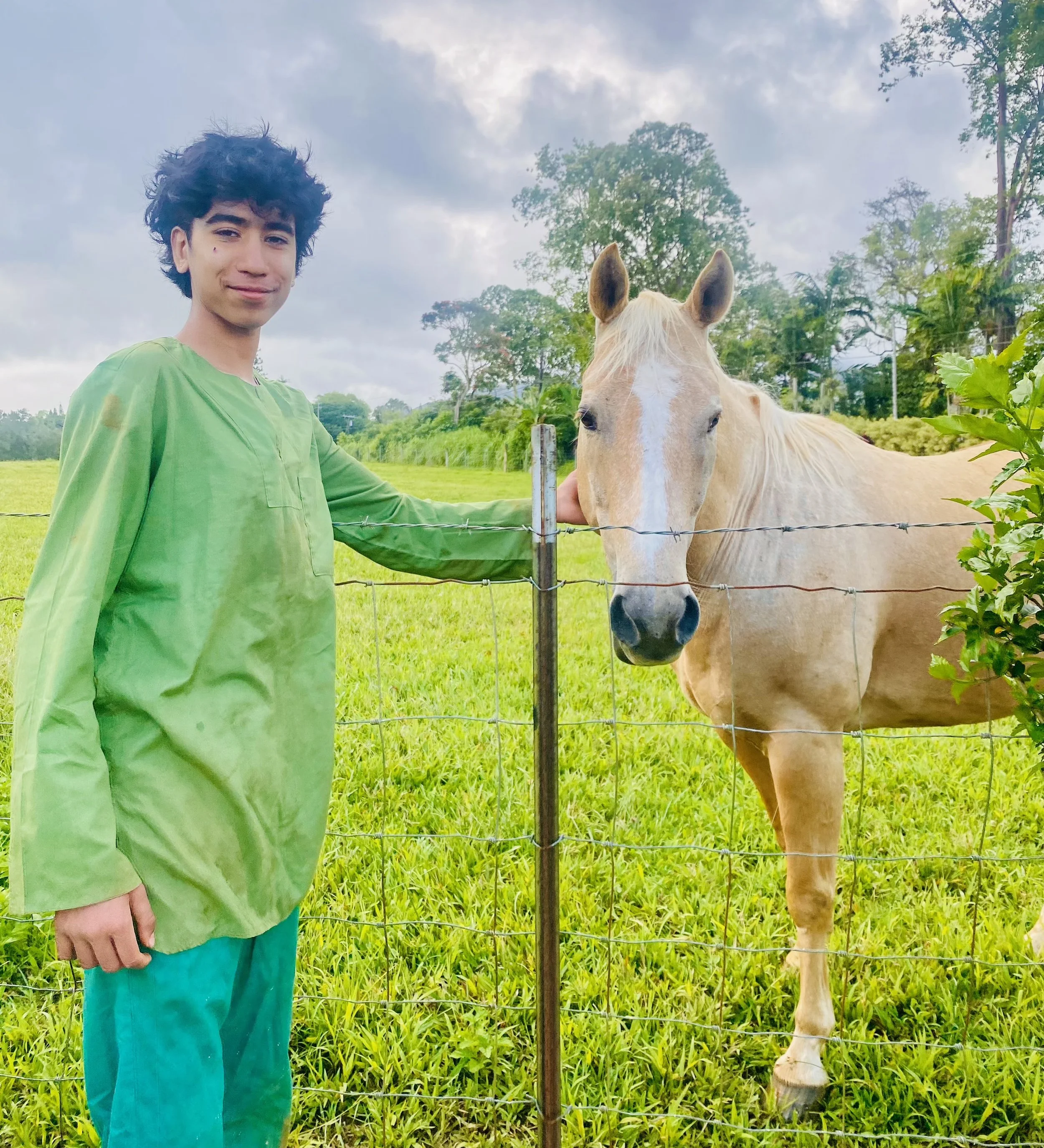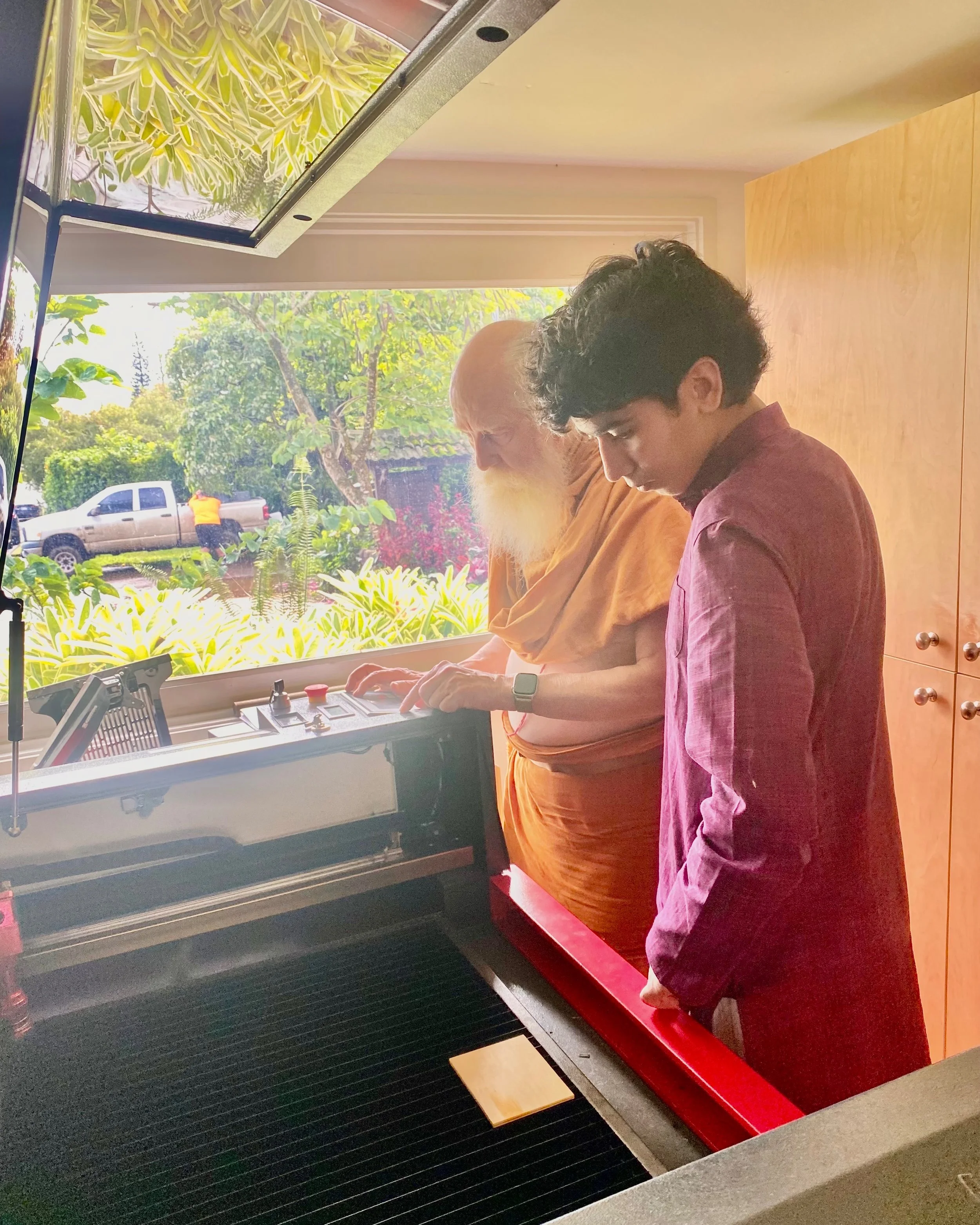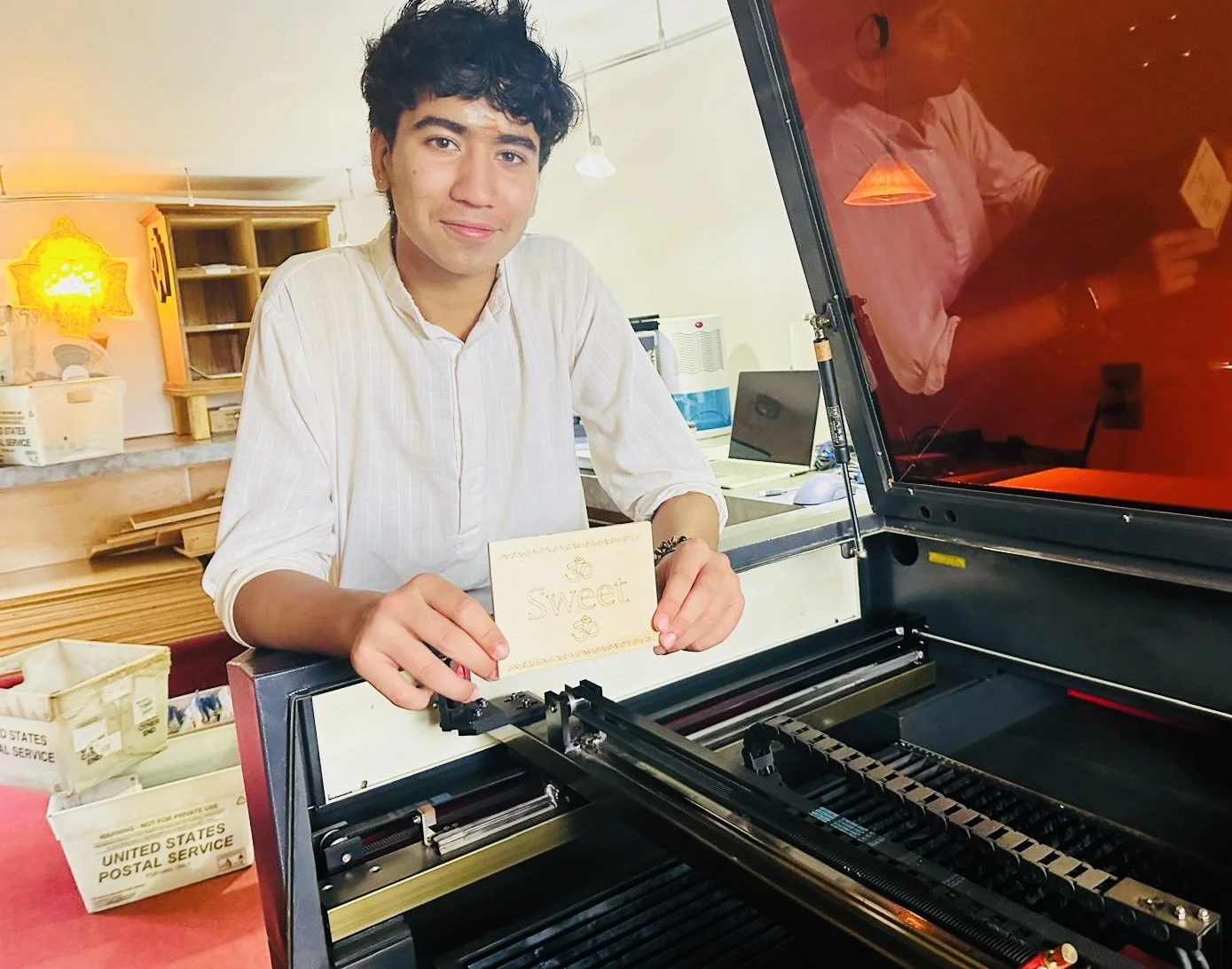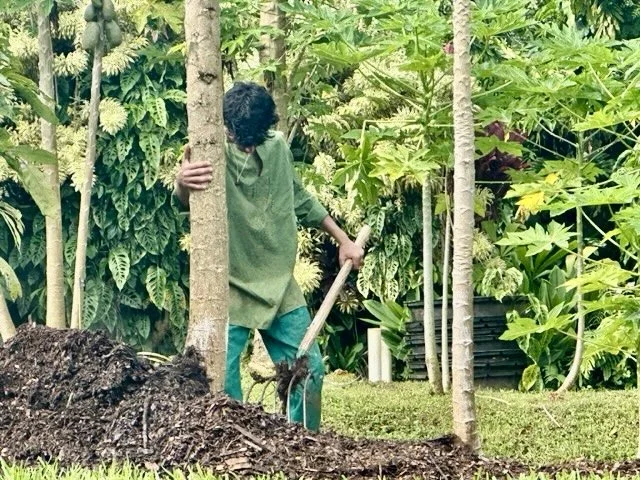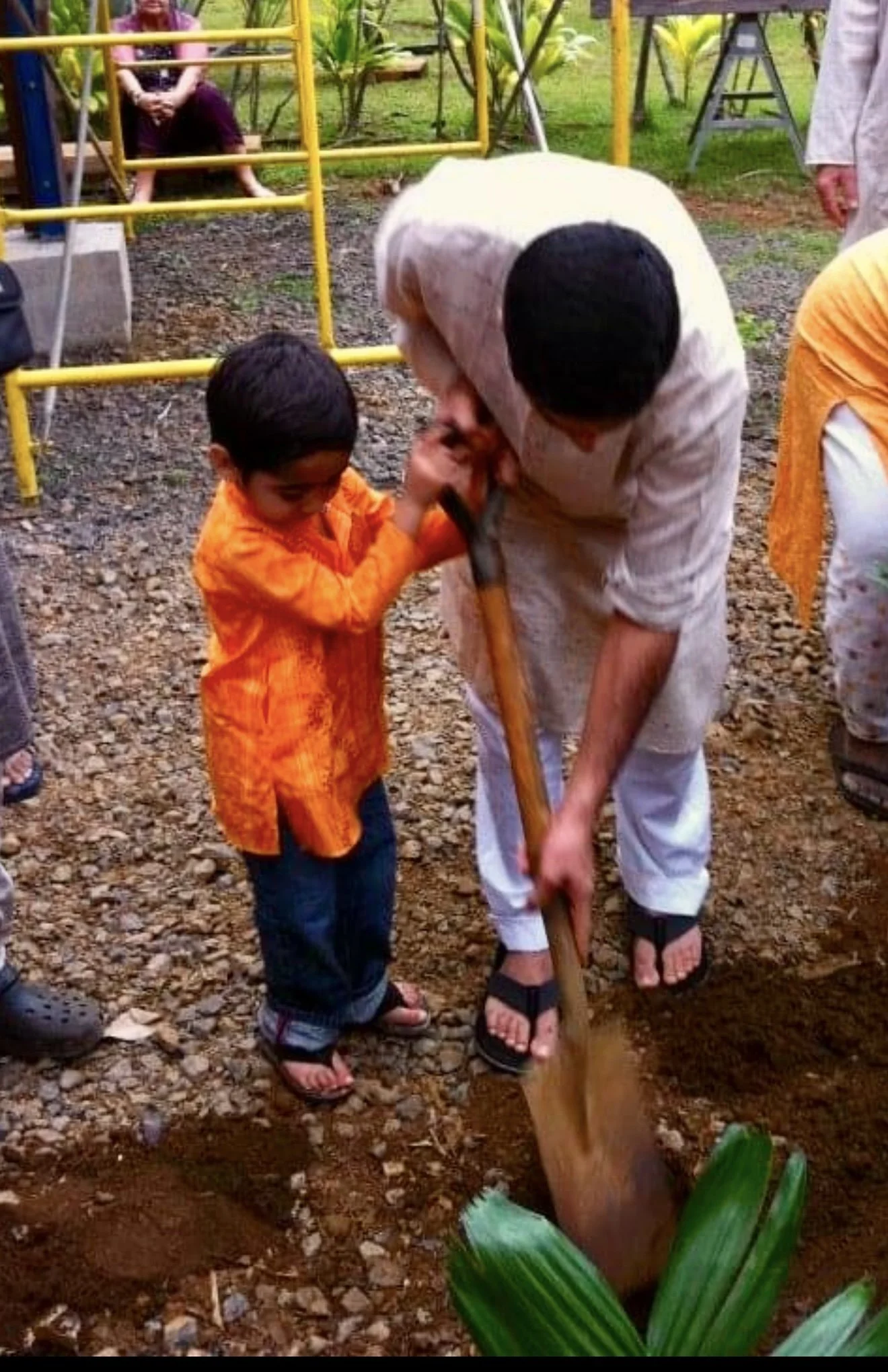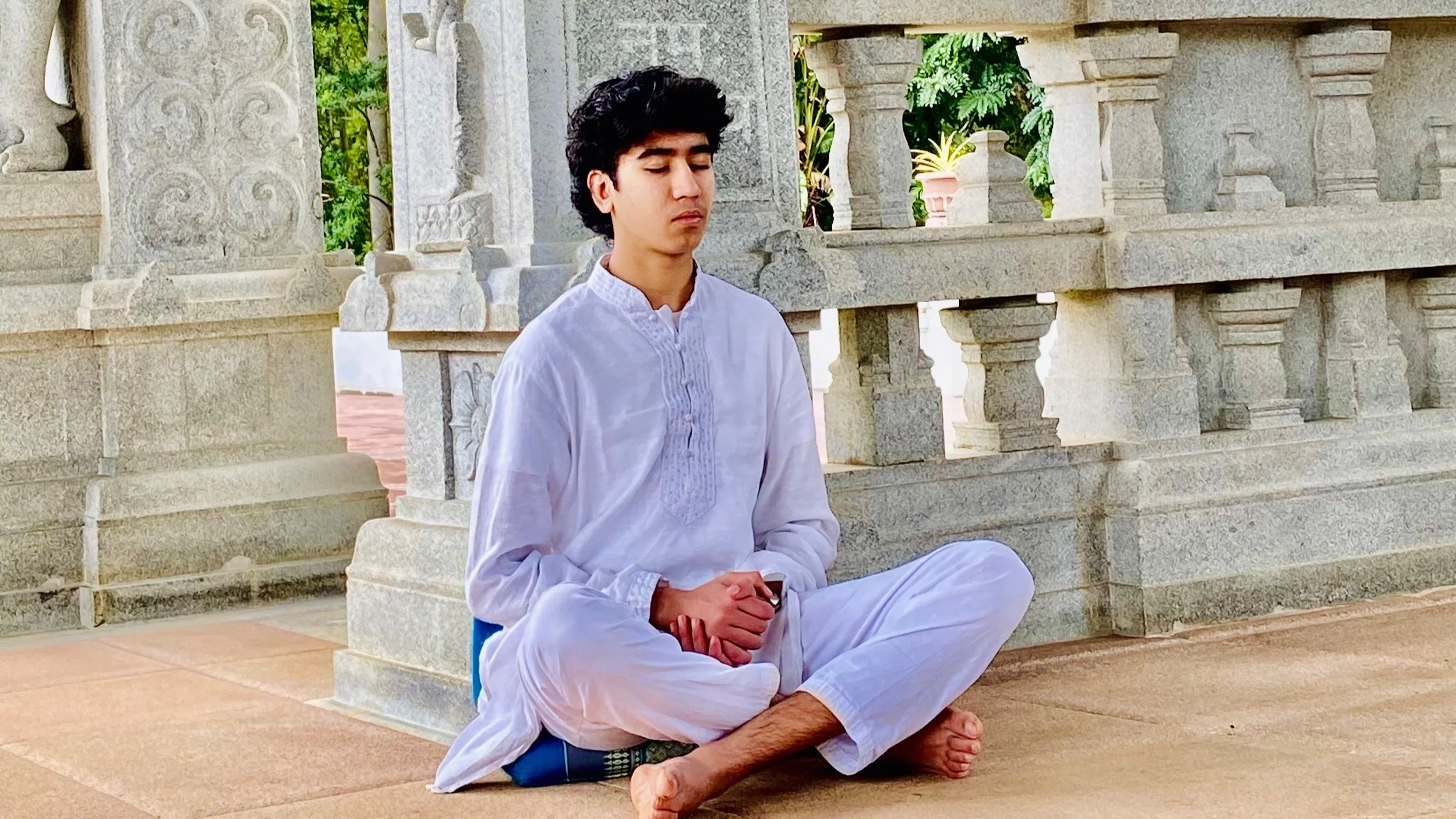
Who Am I?
Sitting on a colorful, checker-box-print rug, while listening to the lesson being taught by my 2nd-grade teacher, Ms. Wheeler, I vividly remember, when, for the first time, it struck me—who am I, why am I here, and what’s my journey?
These questions resurfaced again during my early teens, many years later. I began to see how my personality differed from my peers. I didn’t feel as upset or stressed. Instead, I told myself, “I am all right, right now.” In many situations, I felt mostly calm, confident and content within myself, qualities that all highschoolers aspire to gain but few hold. Observing my peers made me reflect on my values and beliefs. I wondered when and how did I learn to internalize and lean on myself rather than looking for attention outside? Why did peer dynamics or the need to fit in not concern me like it does for some of my peers? How did I become who I am?
My journey, I would say, began from the day I was born into a devout Hindu family. As formal devotees of the Kauai’s Hindu Monastery, located on the island of Kauai, we, as a family, have made pilgrimages during winter breaks, and have sometimes participated in retreats, classes, or service projects two or three times a year, for as long as I can remember. Growing up, I was surrounded by the philosophy and wisdom of Hinduism. Starting at the age of three, I was taught to worship and look within myself with my eyes closed. My parents encouraged me to sit quietly in a state of introspection for a number of minutes equal to my age, a practice I continue daily. Repeatedly hearing the mantra ‘you are all right, right now’ from my parents has stuck with me for so many years that it has become my daily affirmation.
However, the question— How did I become who I am ?—actually started unfolding more in front of me in the summer of 2023, when I went to the Kauai’s Hindu Monastery alone on a service task/pilgrimage and lived there for a month with Satguru (spiritual leader of the monastery) and the monks.
At the monastery, the monks led a minimalistic and disciplined life, worked hard, and yet always maintained a positive and uplifting outlook on life. As they explained, this was because they always live by Hindu principles—dharma, karma, ahimsa (non-violence), truth, austerity, meditation, yoga, and selfless service—all of which help the soul’s evolution, making them more resilient, insightful and wiser.
Living among the monks made me realize that, in some small ways, I was like them. It struck me then how my Hindu teachings had gradually become my way of life over the years, helping me become emotionally stable, develop strong values and beliefs, and allowing me to view and approach life in a way that’s distinctive from some around me. However, I knew I was nowhere close to the monks in terms of mindfulness and still had so much to learn from them.
During my time at the monastery, I attended classes on Hindu philosophy, religion, and meditation, while also helping the monks with their daily activities. I deepened my surface-level knowledge with rich Hindu scriptures and began reading books like Living with Siva, Merging with Siva, and Lemurian Scrolls—all written by Satguru Sivaya Subramuniyaswami, an enlightened master. Through this newfound understanding of Hindu teachings, I developed a genuine appreciation for my religion.
Spending a month with Hindu monks was the most significant learning experience of my life. It unlocked many concepts I hadn’t fully understood as a child. I experienced a level of peace I had never felt before. I felt like I knew my purpose in life. Lying in bed at night, I would think, “I wish all my friends back at school could experience what I’m feeling here.” I understood that Hindu principles, rooted in timeless wisdom, emphasize personal growth, self-awareness, ethical living, and harmony — values that are much needed in today’s fast-paced, stressful world. I wanted to share these valuable tools with my friends and peers.
My growing connection to these teachings deeply inspired me to share what I’ve learned and experienced. In the fall of 2023 I launched a Hindu Students Club (HSC) at my high school. I wanted the HSC to provide a space for students to learn about Hindu values and concepts, promote cultural awareness, respect among all students, and enjoy celebrating rich, colorful festivals together. Hosting discussions on principles like dharma, karma and ahimsa (non-violence) can inspire students to live more thoughtful and meaningful lives. Introduction of Hindu practices like meditation, yoga, chanting and service can encourage students to reflect and manage stress.
Furthermore, to be more creative, engaging and enhance my ability to connect with others, I successfully completed the Dharma Ambassadors Program Online by Hindu American Foundation and became a committed spokesperson for the international Hindu community.
My time at the monastery in the summer of 2023 was so profound and incredible that I chose to return for a few weeks in the summer of 2024. After coming back home, I continued attending the Hindu philosophy class on Zoom with one of the monks and had this strong desire to share the knowledge and experiences I've gained with many more. With Satguru Bodhinatha's permission, I gained the confidence to begin. Hence, I started writing and blogging. I am deeply grateful to Satguru Bodhinatha Veylanswami and the monks of Kauai’s Hindu Monastery for providing the knowledge and resources that have helped me navigate the vastness of Hinduism.
I had come to understand that if we make spiritual life a strong part of our overall life and closely apply Hindu teachings in our daily living—whether in school, sports, friendships, or anything we do—then we can lead a happy, contented life. As Satguru Bodhinatha of Kauai’s Hindu Monastery explains that Hindu restraints and practices help us build, improve and transform our values and our character through self-reflection and self-effort, by observing and controlling how we think and act. Good values and strong character is the foundation for spiritual unfoldment and is the path to become more resilient, understanding and peaceful.
In my daily life, I live by the principles of dharma, practice daily puja (worship), meditation and live a mindful life. I work and practice everything in a manner that is rooted in Hindu values. Hinduism has taught me to accept what is out of my control, and to improve what I can. I honor all lives, faiths and religions – key takeaways from my understanding of Hindu teachings.
Through the blog my hope is to create a space for teens from all walks of life to learn, connect and grow through the beauty of the Hindu path. My goal is to provide a deeper understanding of Hinduism's core principles and how they can guide us to be joyful, truthful, calm, content, courageous, compassionate, and live a fruitful life. In this blog, I aim to share the activities and practices of my Hindu Students' Club with other individuals, who might be interested in starting a similar initiative at their own school. Thank you for reading my story. I hope to spread love, direction and transformation.



